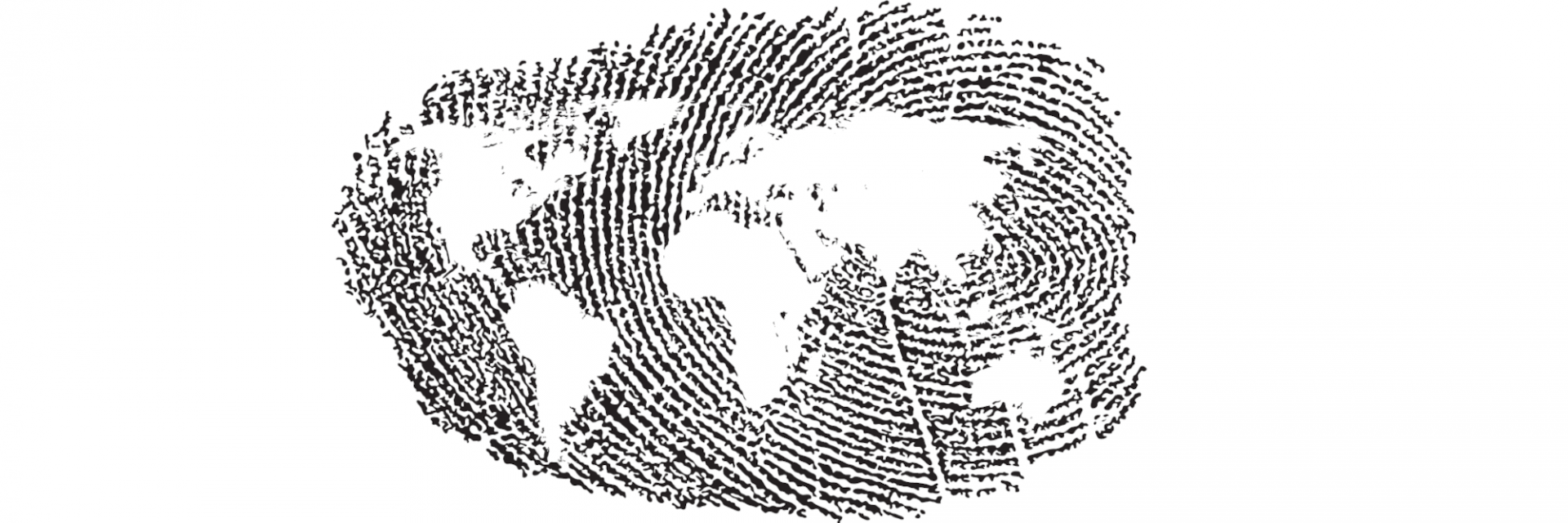Harare, Zimbabwe, 27 May 2025 (ECA) – Hundreds of millions of people in Africa lack legal documentation, leaving migrants particularly vulnerable. Without proof of identity, they face exclusion from education, healthcare, employment, and justice systems, rendering them invisible to the state and at risk of exploitation.
Recent studies by the UN Economic Commission for Africa (ECA) in Uganda, Ethiopia, and South Sudan reveal significant legal and administrative gaps that deny migrants recognized identity documents. These gaps increase the risk of statelessness, limit access to essential services, and strain overburdened civil registration systems.
This week in Harare, delegates from ten African countries, regional institutions, and UN agencies are meeting to review these findings and chart a way forward. The five-day workshop, organized by ECA in collaboration with the African Union Commission (AUC), the International Organization for Migration (IOM), and IGAD, introduces a new Good Legal Identity Toolkit to help countries strengthen inclusion and accountability.
Legal ID: A Cornerstone of Development
Christian Oldiges, Chief of the ECA’s Social Policy Section, opened the workshop by emphasizing that legal identification is not just a technical issue but a foundation for inclusive development and data systems.
“Legal ID is perhaps the one SDG target (16.9) linked to nearly all others, forming the basis for our statistics,” said Oldiges. “Many African countries now recognize the lack of legal ID not only as a governance gap but as a form of poverty.”
He highlighted national efforts to integrate legal identity into poverty assessments. For example, Botswana includes “social inclusion” as a key poverty dimension, considering households deprived if no member has a birth certificate or national ID. Angola and Malawi have adopted similar indicators.
Migration Trends Highlight Urgency
The East and Horn of Africa underscore the pressing need for action. Between 2010 and 2019, the number of international migrants in the region more than doubled. Today, it hosts nearly five million refugees and over 85,000 stateless persons, primarily in Uganda, Kenya, and South Sudan.
“Legal identity is a fundamental human right and a gateway to essential services,” Oldiges stressed.
Gideon Rutaremwa, speaking on behalf of William Muhwava, Chief of ECA’s Demographic and Social Statistics Section, reinforced this view: “Legal identity allows individuals to prove their existence, identity, and family ties. To unlock Africa’s potential, we must adopt a life-cycle approach—from birth to death.”
He warned that the lack of documentation perpetuates poverty, inequality, and exclusion, especially for displaced populations often left outside formal systems.
Cross-Border Cooperation and Rights Protection
The AUC, a co-organizer, stressed the need for cross-border collaboration. Peter Mudungwe, AUC Migration Governance Expert, urged alignment between national civil registration efforts and continental frameworks safeguarding migrants’ and stateless persons’ rights.
Diana Cartier, IOM Chief of Mission in Zimbabwe, added: “Legal identity is foundational. Without it, migrants face systemic exclusion. For women, children, and stateless persons, this can mean a lifetime of invisibility.”
Workshop Focus and Outcomes
The workshop explores ways to integrate migrants, displaced persons, and border communities into national ID systems while protecting their rights and data. Participants are reviewing the Good Legal Identity Toolkit and sharing policy experiences from Kenya, Zimbabwe, Somalia, Rwanda, Uganda, South Sudan and others.
Discussions aim to yield concrete recommendations and national commitments for more inclusive ID systems. The toolkit guides interoperability, privacy, legal frameworks, and documenting hard-to-reach populations.
With less than five years to achieve SDG target 16.9 (legal identity for all), organizers stress that solutions must go beyond technical upgrades to address the legal and policy barriers excluding migrants.
Issued by:
Communications Section
Economic Commission for Africa
PO Box 3001
Addis Ababa
Ethiopia
Tel: +251 11 551 5826
E-mail: eca-info@un.org

